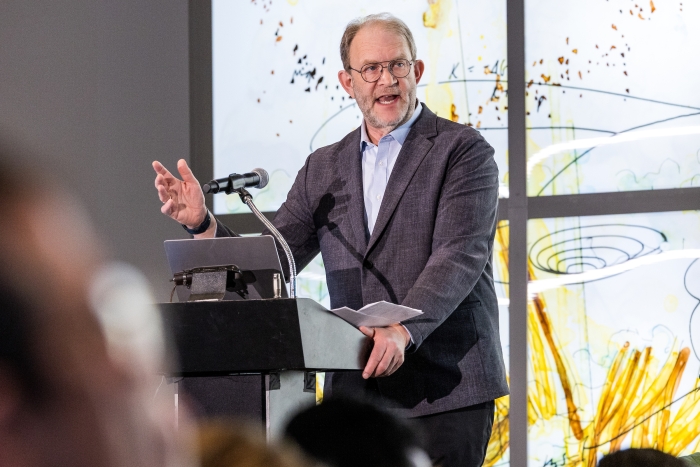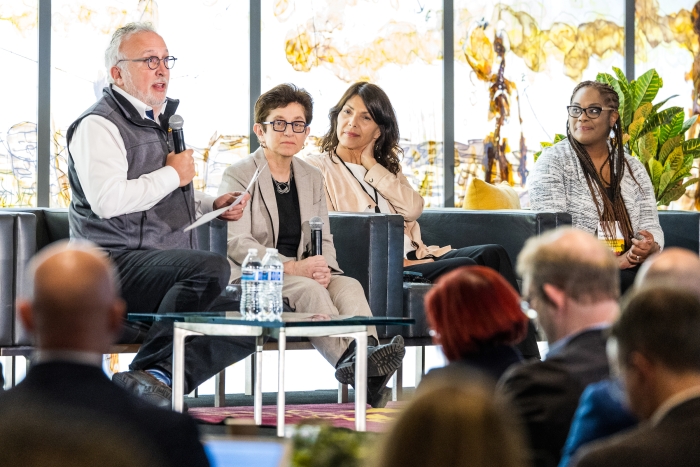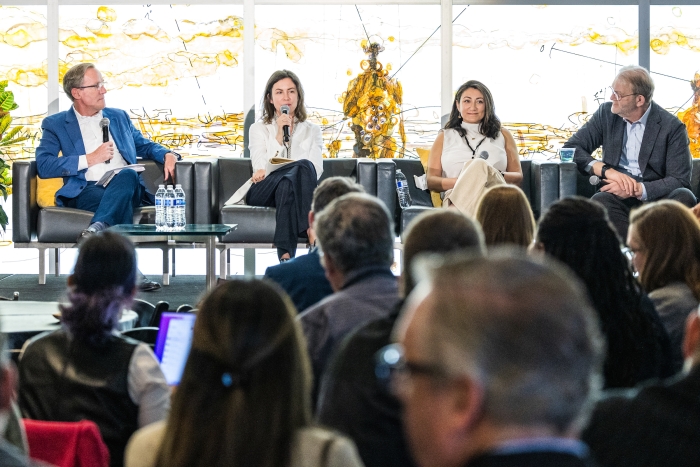ASU’s Smart Region Summit explores pros, cons of AI for urban development
Event draws nearly 300 attendees to discuss AI and the future of the city
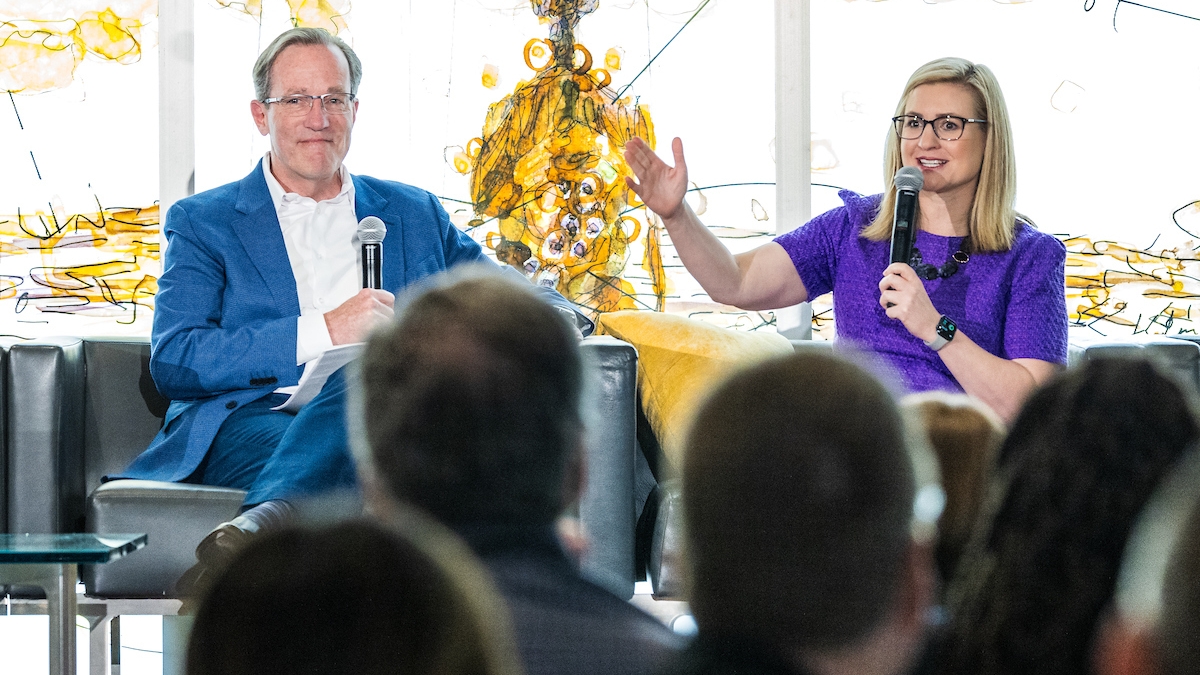
ASU’s Wellington “Duke” Reiter (left) holds a fireside chat with Phoenix Mayor Kate Gallego during the sixth annual Smart Region Summit on Tuesday, March 26, at the Phoenix Art Museum. Photo by Charlie Leight/ASU News
AI may not be as intelligent as we thought — at least not yet.
That was one of the takeaways from this year's Smart Region Summit, convened by Arizona State University.
The sixth annual summit, which took place Tuesday at the Phoenix Art Museum, explored the potential and pitfalls of AI as a tool for creating future smart cities and regions.
Keynote speaker Phillip Bernstein said he approaches the capabilities of AI with “extreme skepticism.”
“The problem is all of the breathless enthusiasm for AI,” said Bernstein, an associate dean at Yale University. “There is a huge gap between what we think it can do and what it can do.”
Bernstein illustrated the limited talents of the technology, or its “low level of profundity.”
For example, when tasked with something as simple as designing an image of a room without an elephant in it, AI could only create images of elephants in rooms.
Bernstein also said the technology possesses hallucinogenic tendencies when asked to create renderings of specific cities. The results were compelling, but not necessarily accurate.
Those examples aside, Bernstein offered specific strategies to optimize its use in developing smart cities — the first step being to identify a defined set of tasks for the tool. Cleaning data and creating data standards are also necessary.
“Leave actual problem-solving to the experts,” he said.
The summit was hosted by Lev Gonick, chief information officer for ASU Enterprise Technology, who co-founded it in 2019 and helped bring together the 300 attendees — including local, national and international smart-city experts, educators, technologists, faculty and leaders.
Wellington “Duke” Reiter, founder and executive director of the Ten Across initiative, served as a moderator for the event, which featured speakers, panels and breakout sessions.
Addressing AI concerns
During the session titled “AI and the Future of the City Through an Equity Lens,” participants raised concerns about problems with AI, such as its potential for prejudice.
AI systems trained on biased data can make decisions that perpetuate discrimination on the basis of age, gender or race.
Panelist Nicol Turner Lee brought up the recent case of a Black woman falsely arrested for a robbery due to faulty AI facial recognition technology.
“Well, guess what? The facial recognition technology has a very poor track record in identifying people of color. It misidentifies us time and time again,” said Turner Lee, a senior fellow at the Center for Technology Innovation at the Brookings Institution.
She exhorted city and regional representatives to ask critical questions about the technology that comes before them.
“With AI, more than any other technology, we really don't understand what's in that box,” Turner Lee said. “We think we do, but we don’t. The box doesn’t even know what’s in the box.”
Panelist Wanda Dalla Costa discussed obstacles to inclusiveness that occur when AI training data are sourced from a limited segment of the population.
Although engineers may tout the use of alignment — a process of encoding human values into large language models — that is not sufficient, explained Costa, an Institute Professor at ASU’s Herberger Institute for Design and the Arts.
“Whose sentiments are you aligning to?” Costa asked.
She described AI as an echo chamber of everything that has been written, concluding that “all the data that is invisible, such as our oral traditions ... is not counted.”
“This perpetuates … layers of systems that work against many communities of color and voices that have not been recorded,” she said.
“Those are my biggest issues. Who’s got the rudder? Who's controlling this thing?”
Opportunities for change
During a fireside chat, Phoenix Mayor Kate Gallego spoke with Reiter about the city’s use of smart technology in traffic management, protecting pedestrians and wastewater treatment.
She discussed the resilience of the desert city “that has characterized Phoenix throughout history.”
“We have always been willing to take risks,” she said.
Gallego anticipates workforce shifts that will be created by implementing more AI. She said assessments are currently underway to determine the types of jobs the technology will create and those that will need to be replaced.
“There are certain areas of the city where we are going to face huge workforce transition challenges,” she said. “So we are being very intentional and offering training in sector-specific areas where we think there will be real shifts."
Gallego said the city’s partnership with ASU, and access to the university’s expertise, has given the city an advantage in evaluating new technology as well as grown the city's semiconductor industry.
During a panel titled “Urban Futures and Emergent Technology,” attendees learned that ground-breaking technology doesn’t always have to take on city-sized problems.
For example, a simple application of AI — deciding the placement of an additional bench on a path to the grocery store — helped an older adult maintain her independence, said panelist Honorata Grzesikowska, an urban master planner from Barcelona.
Panelists also debated AI’s capacity to grasp and incorporate concepts like beauty and equity or to make judgements.
While some believed these values could be embedded in a system that was created by humans, Bernstein challenged the idea — particularly in regards to its potential to exercise judgment.
Questions of where data would be sourced and curated were posed and Bernstein argued that it would “difficult — even impossible — to do.”
“What specific task would you ask for? What task would you be trying to solve?” he asked.
Reiter said the summit topic is “very timely given the intense interest in the applicability of new data analytic technologies as they relate to the design, management and quality of life in cities and regions.”
Although those who work in various sectors — public, private and nonprofit — are anxious about the risks of relying on imperfect data sets, he said "they are eager to understand the potential of these new tools to improve the delivery of services to their constituents.”
More University news
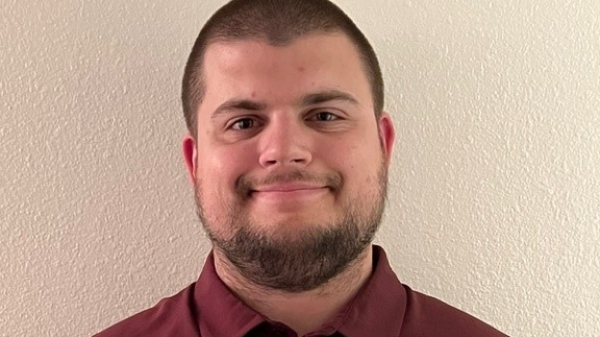
College of Health Solutions grad and veteran doing it all for his family
By Aidan Hansen Editor’s note: This story is part of a series of profiles of notable spring 2024 graduates. His wife and kids are his “why.” Arizona native and former Marine Sgt. Clayton Alexander…

ASU partners on first-of-its-kind $90M NSF research hub for transformational learning, education research
Access to better data leads to better research. When it comes to data about personalized learning, the more researchers know about students' learning behaviors, the more meaningful the research…
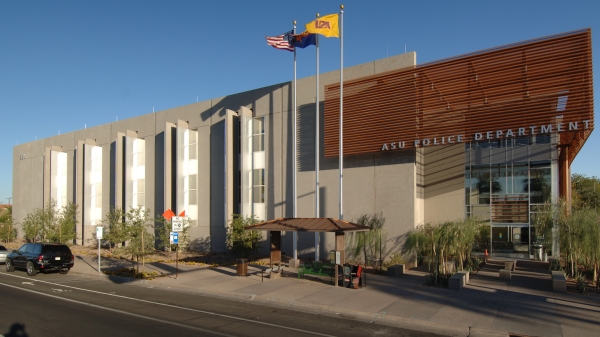
ASU Police Department honors outstanding service with annual awards
By Jason Weber, ASU Police Department The Arizona State University Police Department recognized department members for their distinguished service in supporting the campus community during a…
